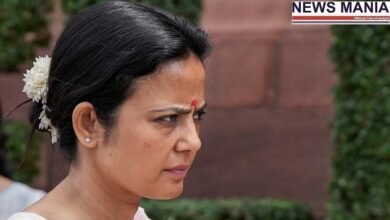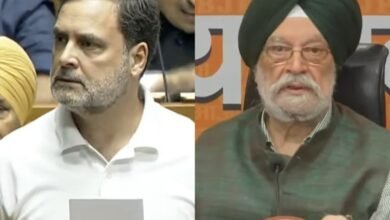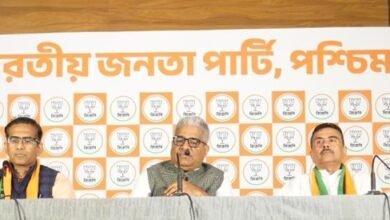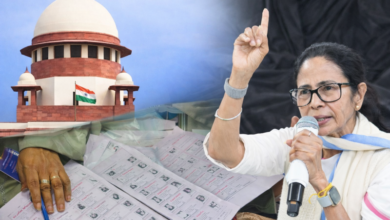ASI to Conduct Survey At Dhar Bhojshala In Madhya Pradesh
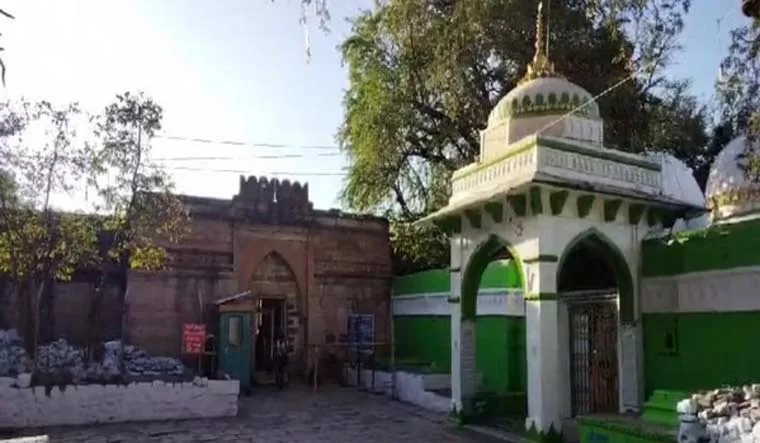
Many claim the temple complex was part of a celebrated college built by king Bhoja (1000-1055 AD), said to be the greatest monarch of the Paramara dynasty. The college came to be known as Bhojshala (banquet hall), where students came from across the country for a feast of knowledge. The structure was converted to a mosque during Muslim rule. The image of the Goddess Saraswati is now in a museum in London.
Another disputed temple-mosque site will come under the lens of the Archaeological Survey of India after Varanasi’s Gyanvapi mosque. This time, it is the Bhojshala at Madhya Pradesh’s Dhar, where it has to conduct a survey. The order came from the Indore bench of the Madhya Pradesh High Court following a petition by the right-wing group Hindu Front. This will be the fourth site to undergo excavation/survey after the ones in Ayodhya, Varanasi and Mathura.
The ASI has been asked to use all the methods and state-of-the-art equipment at their disposal, including Ground Penetration Radar System and carbon dating to ascertain the age of the structure.
The petitioners have asked for the right to daily worship at the site if a survey shows the existence of a temple.
“Get the survey done. Photos and videos should be made. The report should be given to the court before April 29, during the next hearing,” said a bench of Justices SA Dharmadhikari and Dev Narayan Mishra.
In its order, the court said the ASI must conduct a “complete scientific investigation, survey and excavation , through adoption of latest methods, techniques and modes of GPR-GPS survey of the site in question constituting the disputed Bhojshala Temple cum Kamal Maula Mosque complex”. This would include the entire 50m of peripheral ring area from the boundary of the complex.
The survey should be conducted under the leadership of an expert Committee of at least five senior-most officials of ASI, headed by the Director General or the Additional Director General and the report submitted to the court within six weeks.
“Efforts should be made to have a representation of Officers of both the contesting communities (if available of the said position & rank) in the said Expert Committee,” the order read.
A detailed scientific investigation also has to be conducted through carbon dating of various structures “both above and beneath the ground”. The ASI also has to open locked or sealed rooms, halls and prepare a complete inventory of each and every artifact, idol, deity, or any structure. But this should be done without “destroying, defacing, destructing the original nature of the whole complex”.
The bench said after it receives the report, it will hear the claim of petitioner for restoration of the right to daily worship. The court will also hear the matter of investigation into the Waqf of Kamal Maula Masjid.
The site at Dhar, where a temple complex dedicated to Goddess Saraswati exists, has long been a cause of friction. Currently, worship is allowed on Tuesdays and on Vasant Panchami. Namaz is offered at the Kamal Maula Masjid every Friday.
(This story has not been edited by News Mania staff and is published from a Media Release)



